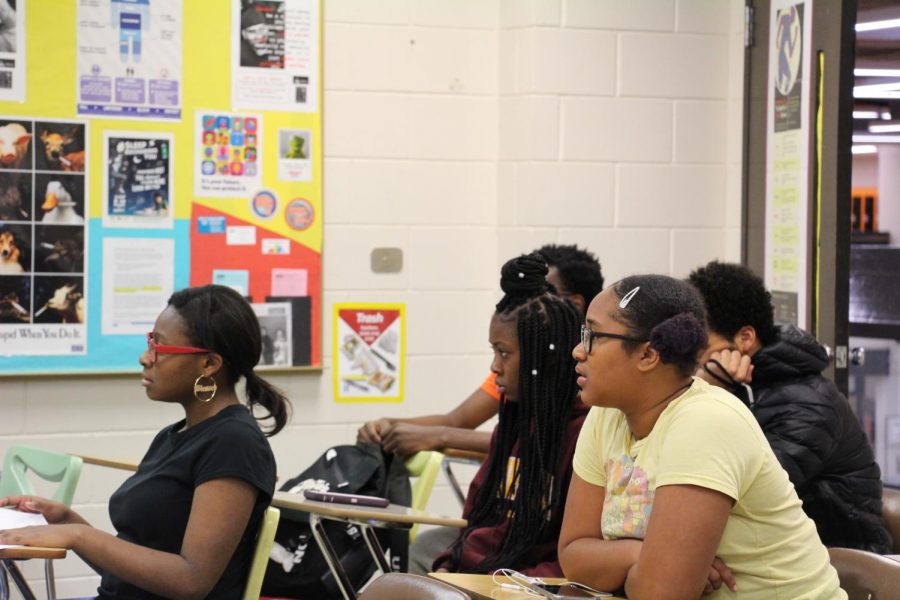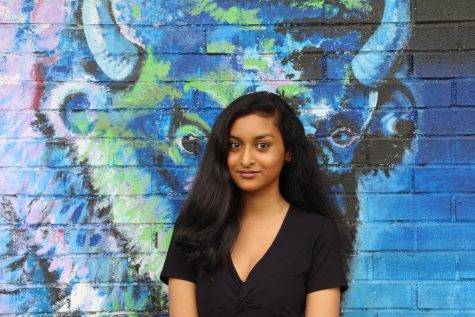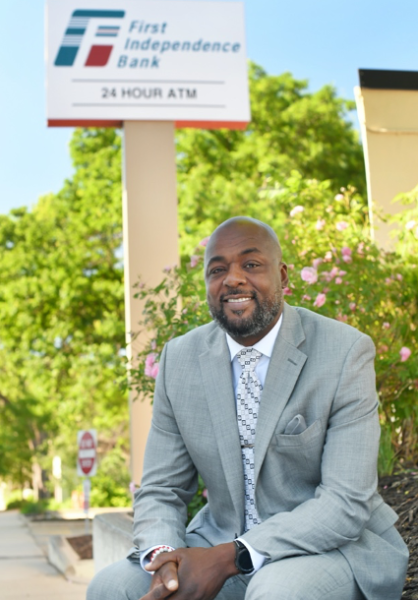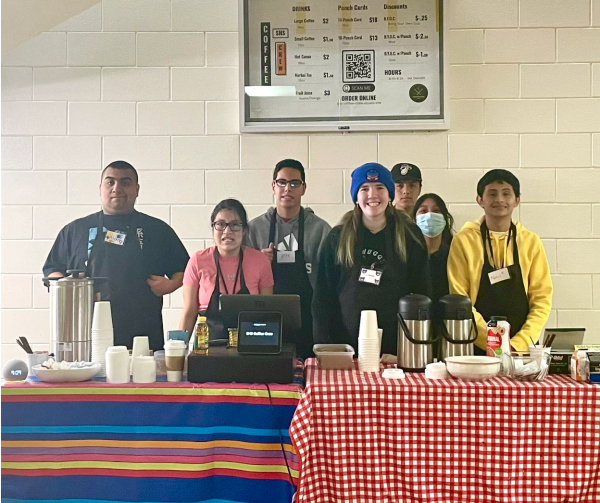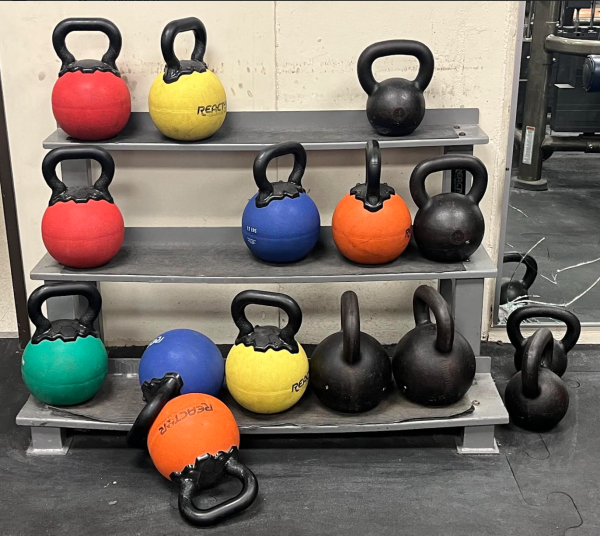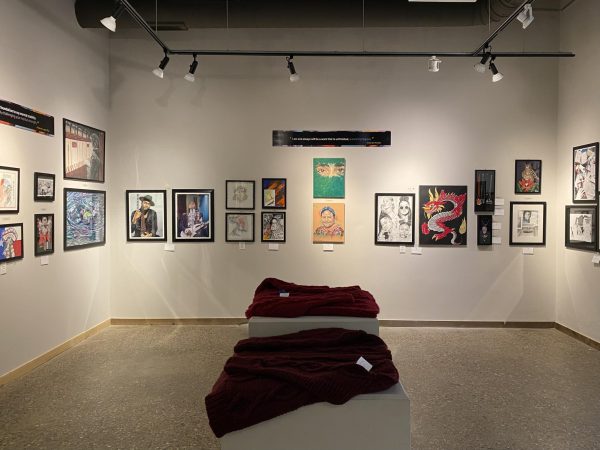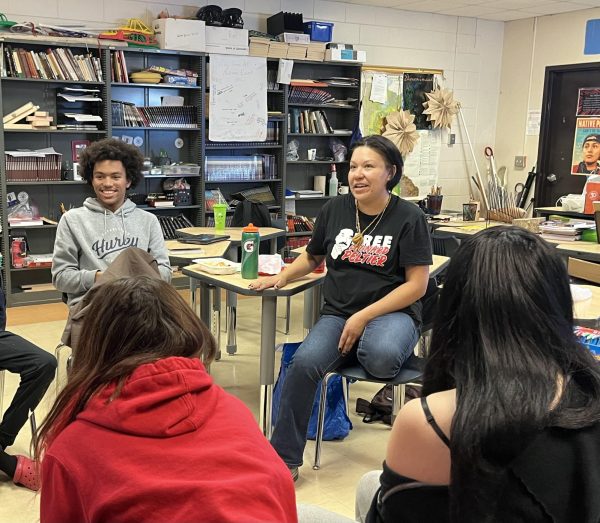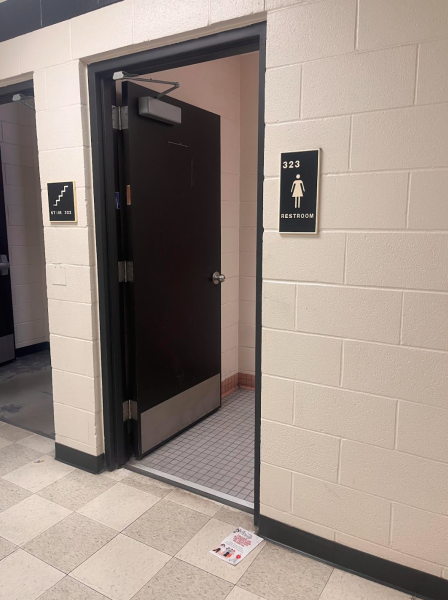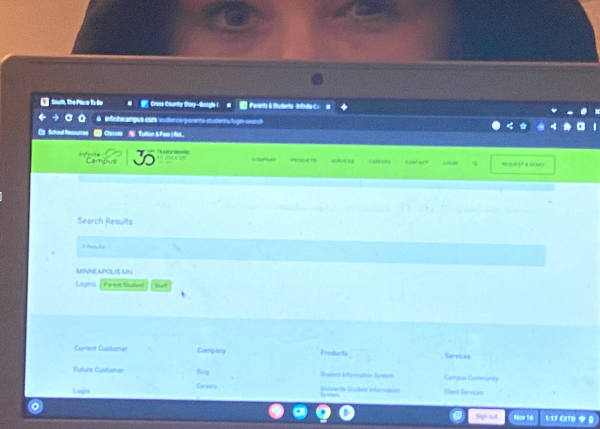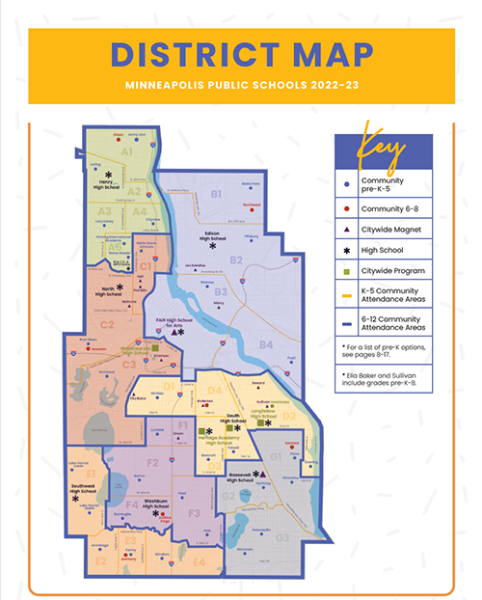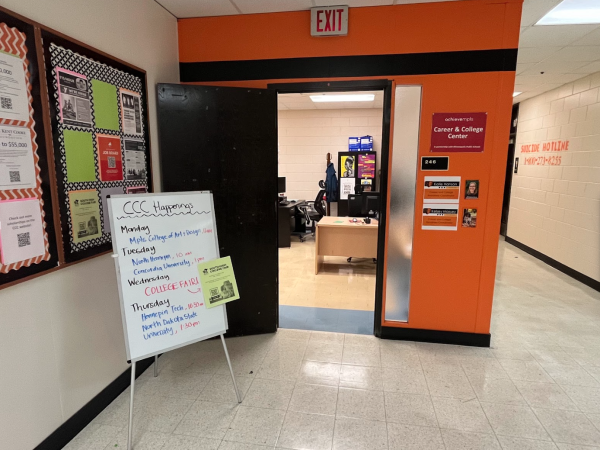BSU: The organization bringing South’s Black community closer
The Black Student Union is new this year to South. It is a safe place for Black students to connect with each other on a deeper level, to talk about issues revolving around the Black community, and ways to unite one another. Here, members of BSU are actively participating in Wednesdays discussion, the topic being police brutality, and what to do if police stops you at any given situation.
November 11, 2019
From UNIDOS, Asian Association, to Muslim Student Allience, South has an extensive collection of fun extra-curricular activities for specific groups of people, but of course anyone is welcomed to join. However, until this year, no clubs specifically for Black Students has existed. That’s where the Black Student Union (BSU) comes in.
Founded by juniors Serena Guerra and Amajah (JJ) Mullins, and seniors Clarie Jensen, Kayla Redden, Tiger Worku, and Nellie Little, BSU is a new club this year. For Black students who feel like they don’t have a place to go or feel like they don’t fit in, BSU’s goal is to always be here for them.
Co-founder and Junior Serena Guerra said this union is a place where people can embrace their black culture and be proud of who they are. The goal is for BSU to be a safe place for Black students where they can feel comfortable being themselves and talking about issues that may not be talked about, or they may not feel comfortable talking about, anywhere else.
The community in BSU has been getting bigger since the first meeting and the support system for each other is getting better. There’s even a student contract holding members accountable for getting to class and “people are actually getting to class,” said Mullins.
BSU meets every Wednesday after school in room 202, and is currently trying to meet on a Friday at least once a month. Wednesdays are discussion days where people are engaged in discussions about serious topics, as well as talk about personal past experiences in order to connect with people who may have had similar experiences.
Cultural appropriation, what your rights are in and out of school, at home issues, and learning about black activists (other than the ones they teach you in schools), are just some topics that will be covered in future meetings.
Fridays would be more fun days with music playing and fun activities, like a trivia game about stereotypes or Black culture in general.
“I decided [to join] because it’s a place for me to talk about issues that are happening in my community and to be around people that understand the problems that I have,” said sophomore Jaiden Ellington. She feels like this is a safe place for her and being in this union helps her to learn more about her history. “It really helps and brings you in a closer community with the people around you,” Ellington said. She encourages people to join.
Guerra, being in this group feels different, since most groups she’s a part of are mainly European white kids, whereas this group are all students of color. She is excited to be a part of this union. “iIt is really important because South has never had any type of group like this…we want to last and that’s what makes BSU important,” said Guerra.
BSU is currently working to have a school event that attracts students and teachers to see what they’re all about and is hoping to have fundraisers as well.
Even though BSU is for Black or African-American students and is based on Black Culture, everybody is welcome to come and observe. “I think it’s more of a brave space than a safe space, the things we talk about might not be comfortable for them, they might feel uncomfortable so that’s the main reason why it’s mostly black people,” said Redden.
Guerra, Mullins, Jensen, Redden, Worku, and Little had their reasons as to why they should start a Black Student Union. Mullins was new here to South last year and didn’t talk to anyone or had any friends for the first month and a half of being here. This gave her the chance to really observe what was going on in South. “I’ve seen a lot of things that are wrong with the school in terms of black students specifically,” she said.
At the beginning of the year during open house, Mullins noticed that there were no clubs she wanted to join, only sports. She came to South looking for something similar to BSU, but there was nothing. “Last year I came with the idea of ‘oh, we should have a black student union.’”
Worku had talked to Jensen about being a part of this union because he thought Jensen would be a good part of it and help organize. “I thought it was a good opportunity because I can put in input to something new and help,” Jensen said. She wants this union to “bring together community and get closer with other black kids and become tighter.”
“I really came in here wanting our voice to be heard more and in the school in general… In this group, the people that come, I want them to be more informed about black culture,” said Redden.
“Two weeks before this was officially a thing, Amajah was like kind of telling me more about how this school has no African American activities and I was like ‘we should do it, we should do it’” says Little
At the end of the day, BSU wants people to know that they do matter and their voices should be heard. “Don’t be afraid to correct a problem, don’t be afraid to speak out if you see something wrong” Said Little
“I hope that they will know that we do need each other to succeed and that we can’t just accomplish anything on our own, we have to have each others backs…and that they can come to each other for different situations and stuff like that,” said Guerra.
Redden ended off by saying “I want them to know that they’re greater than people think they are”.

